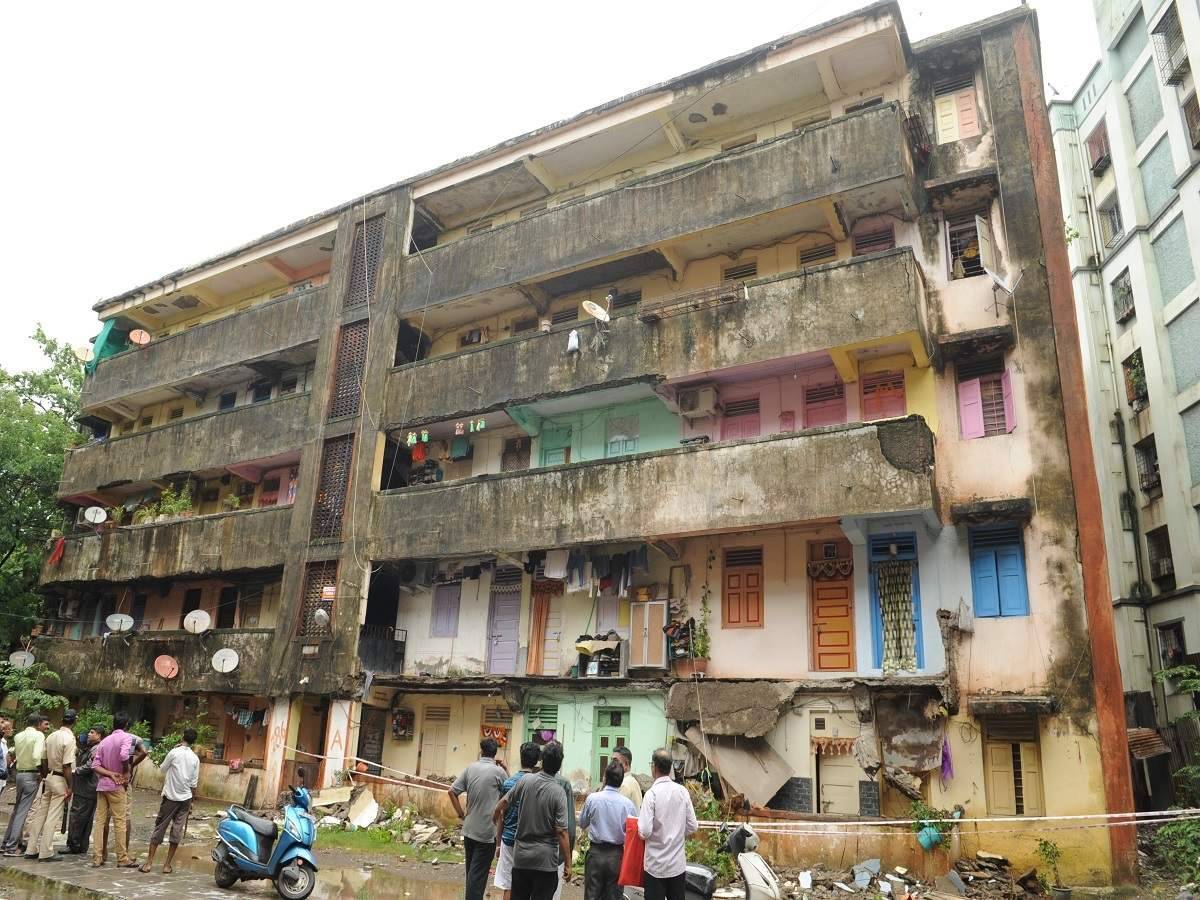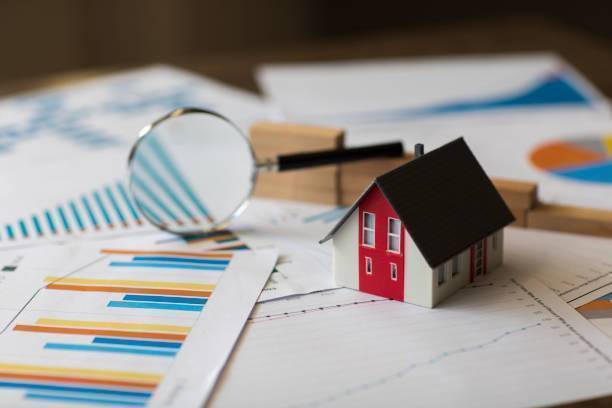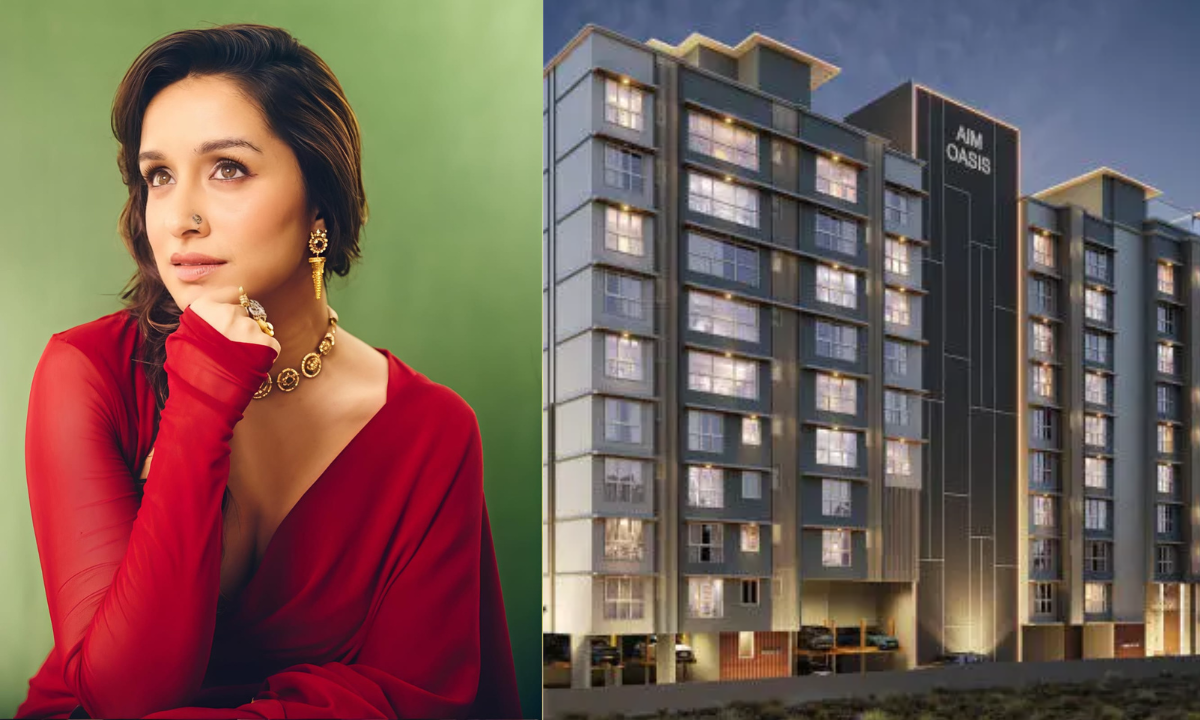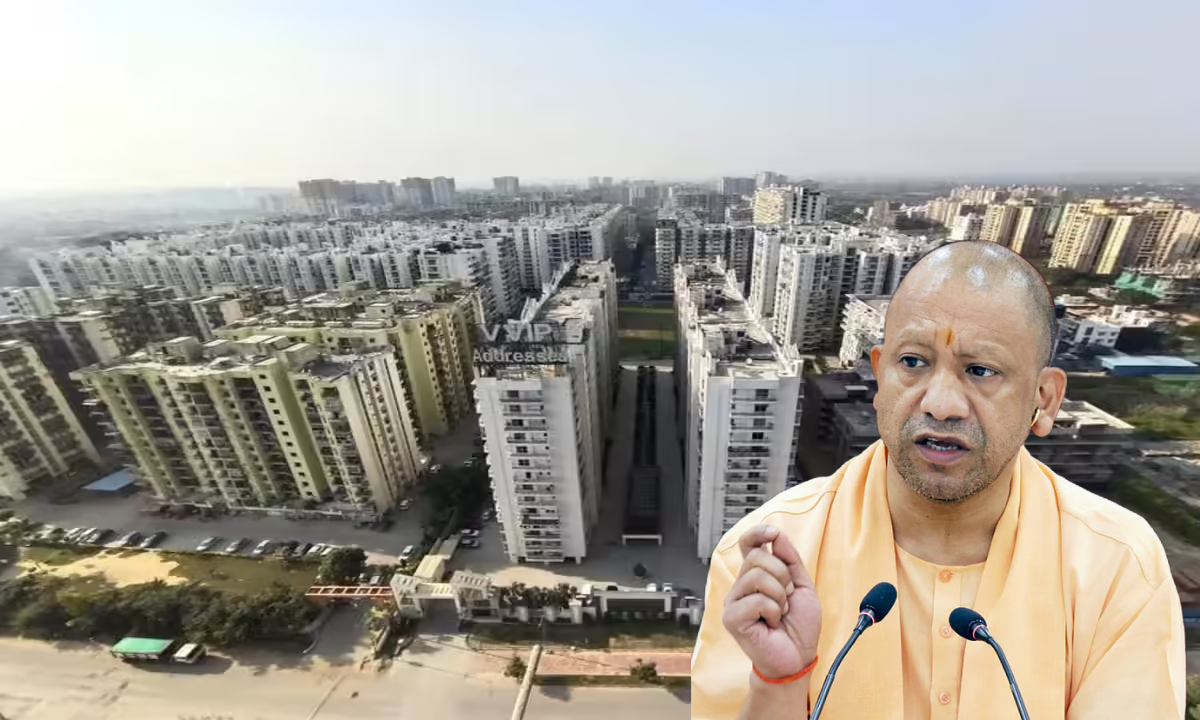Mumbai's real estate sector is witnessing a renewed focus on redevelopment as 13,000 old and dilapidated buildings in the city are being audited for potential reconstruction. The Maharashtra Housing and Area Development Authority (Mhada) has initiated this process by appointing structural consultants to assess these structures, referred to as ‘cessed’ buildings. These buildings, constructed before September 1969, are tenanted and require regular repair, for which Mhada collects a cess.
The agency has already completed audits for 171 buildings and received reports for 32. The redevelopment of these structures presents significant opportunities for developers, provided they navigate the regulatory framework and coordinate with stakeholders.
Background
The audit process began after MHADA Vice President and CEO Sanjeev Jaiswal has directed officials to expedite structural audits for 1,000 cessed buildings in Mumbai by March 2025, emphasizing their role in ensuring safety and redevelopment planning. During a review meeting, he stressed the need for appointing structural consultants and streamlining assessments under the Mumbai Building Repairs and Reconstruction Board (MBRRB). He highlighted that these audits will provide a clear understanding of building conditions, guiding necessary repairs or redevelopment, especially ahead of the monsoon season.
Challenges and Opportunities in Redevelopment
Redevelopment projects in Mumbai, especially those involving cessed buildings, come with complexities. Many of these buildings are small, with ownership and tenancy governed by the Rent Control Act. Owners often lack the financial capacity to undertake repairs, while tenants pay minimal rents, sometimes as low as Rs 25-30 per month. As a result, these buildings deteriorate over time, creating both safety concerns and redevelopment opportunities.
Industry experts suggest that developers who specialize in tenant negotiations, regulatory approvals, and project financing will be better positioned to execute these projects effectively. A successful redevelopment project can generate earnings before interest, taxes, depreciation, and amortization (EBITDA) margins of 20-30%, making it a financially viable business model.
However, the process involves various regulatory approvals, including obtaining consent from a majority of tenants, securing funding, and adhering to guidelines set by Mhada and the Municipal Corporation of Greater Mumbai. Additionally, concerns related to infrastructure capacity, traffic congestion, and civic amenities must be addressed to ensure sustainable urban development.
Market Impact and Demand Outlook
Mumbai’s redevelopment market is valued at over Rs 30,000 crore. The city’s overall housing demand remains strong, with 96,187 units sold in 2024, reflecting an 11% year-on-year increase, according to Knight Frank India. Despite the expected new supply from redevelopment projects, experts do not foresee an oversupply situation.
According to real estate consultancy Anarock Group, the government’s initiative to audit cessed buildings will take a few years to translate into actual housing supply. Additionally, premium locations like South Mumbai and Bandra continue to see high demand, ensuring that new units entering the market will likely be absorbed over time.
A key factor influencing redevelopment success is financing. Developers need access to capital for acquiring and redeveloping cessed buildings, and banks or private investors often assess project viability based on location, demand, and regulatory compliance.
Price Trends and Market Stability
Real estate prices in Mumbai increased by 5% year-on-year in 2024, reaching an average of Rs 8,277 per square foot. While an influx of redeveloped units may exert some downward pressure on prices, significant price corrections are unlikely. Limited land availability and consistent demand in central areas contribute to market stability.
Experts suggest that developers will take a cautious approach to pricing, aligning new supply with demand trends. While moderate adjustments may occur in certain segments, Mumbai’s luxury and mid-market properties are expected to maintain steady value.
For buyers, redevelopment projects often present an opportunity to acquire newly built homes in prime locations at competitive prices compared to newly launched standalone projects. However, construction delays and project approvals can impact timelines, making due diligence critical for homebuyers considering such properties.
Government Policies and Regulatory Changes
To support redevelopment, the Maharashtra government has introduced measures to facilitate approvals and incentivize self-redevelopment. Premiums for converting leasehold land to freehold have been reduced—from 15% to 10% in general cases and to 5% for self-redevelopment on government-owned land. These policy changes are expected to make redevelopment projects more feasible for property owners and developers.
The government has also streamlined the approval process for redevelopment projects, reducing bureaucratic delays and simplifying procedures for obtaining necessary permissions. Additionally, incentives such as additional Floor Space Index (FSI) have been introduced to make redevelopment projects more attractive to developers.
Key Localities and Property Rates
Mumbai’s property rates vary significantly across different areas. As per Square Yards Data Intelligence for Q4 CY24, some of the key localities and their average rates per square foot are:
- Worli: Rs 84,754
- Lower Parel: Rs 73,249
- Bandra West: Rs 60,613
- Mahalaxmi: Rs 59,192
- Bandra East: Rs 59,080
- Dadar West: Rs 53,722
- Mumbai Central: Rs 24,964
Redeveloping Mumbai’s aging housing remains a complex but necessary process. While the current audits and policy changes are steps in the right direction, successful implementation will require coordination between regulatory authorities, developers, and residents. With increasing urbanization, redevelopment will play a crucial role in optimizing land use, improving living conditions, and meeting the growing housing demand in Mumbai. However, challenges related to project financing, tenant cooperation, and regulatory approvals must be managed effectively.
Image source- mumbaimirror









.png)